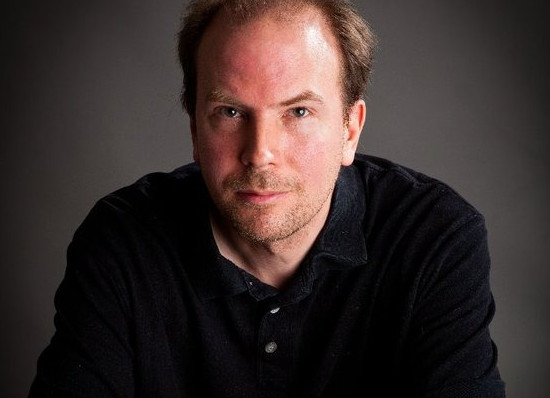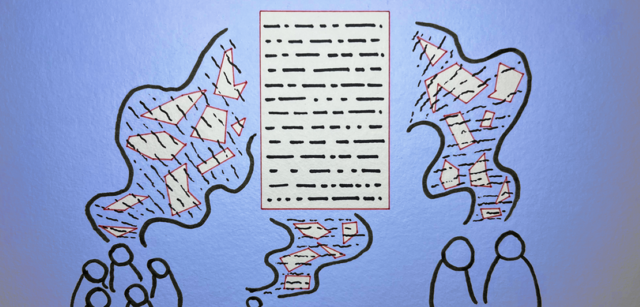< Back to news
OpenAI and Microsoft say they did not need permission because the New York Times articles are public information on the internet.
It is the first time a major US media company has sued an AI company for using someone else's work. No concrete compensation is being demanded, but the newspaper says the companies are responsible for billions of dollars in damages. In addition, the newspaper demands that the companies destroy all chatbot models and training data in which copyrighted material was used.
OpenAI and Microsoft - which invested billions of dollars in OpenAI founded by Elon Musk - allegedly profit from New York Times news articles without paying for them. In the lawsuit, the newspaper points out that the value of both companies has increased by billions of dollars due to the free use of its articles.
The outcome of the lawsuit could determine the role of copyright in the world of artificial intelligence.
At the same time, it is unclear exactly what data was used to train the technology behind ChatGPT. OpenAI deliberately keeps that vague. The New York Times has been in talks with OpenAI and Microsoft about this for months, apparently without the desired result for the newspaper. This move appears to be a means of pressure. Whether it works remains to be seen.
Besides, several lawsuits are already pending. But this lawsuit, from one of the world's best-known news brands, will certainly increase attention to this issue."
This article was published by NOS (in Dutch).


29 December 2023
The New York Times sues tech companies over copyright infringement
The New York Times is filing a lawsuit against Microsoft and OpenAI for copyright infringement.
The newspaper claims that OpenAI, known for the chatbot ChatGPT, and Microsoft used millions of articles to train artificial intelligence (AI) software without permission. The New York Times fears losing readers, and therefore revenue, as a result.
OpenAI and Microsoft say they did not need permission because the New York Times articles are public information on the internet.
It is the first time a major US media company has sued an AI company for using someone else's work. No concrete compensation is being demanded, but the newspaper says the companies are responsible for billions of dollars in damages. In addition, the newspaper demands that the companies destroy all chatbot models and training data in which copyrighted material was used.
OpenAI and Microsoft - which invested billions of dollars in OpenAI founded by Elon Musk - allegedly profit from New York Times news articles without paying for them. In the lawsuit, the newspaper points out that the value of both companies has increased by billions of dollars due to the free use of its articles.
The outcome of the lawsuit could determine the role of copyright in the world of artificial intelligence.
Tech editor Nando Kasteleijn (NOS):
"The technology behind AI tools like ChatGPT is trained with massive amounts of data. Copyright holders have long been convinced that OpenAI used their texts to train models. Something the company is now making proper money from, without compensating those copyright holders.
At the same time, it is unclear exactly what data was used to train the technology behind ChatGPT. OpenAI deliberately keeps that vague. The New York Times has been in talks with OpenAI and Microsoft about this for months, apparently without the desired result for the newspaper. This move appears to be a means of pressure. Whether it works remains to be seen.
Besides, several lawsuits are already pending. But this lawsuit, from one of the world's best-known news brands, will certainly increase attention to this issue."
This article was published by NOS (in Dutch).
Vergelijkbaar >
Similar news items

August 22
AI outwrites bestselling fantasy authors in short story challenge
A writing contest between humans and machines ended with a surprise: the top-rated story was written by AI, much to the dismay of fantasy author Mark Lawrence.
read more >

August 22
AI assistance may reduce doctors’ diagnostic sharpness
Doctors who rely on AI may become less accurate at spotting early signs of illness. New research highlights the risk of “deskilling” in medical AI use.
read more >

August 22
AI supports more diverse news exposure and healthier public debate
News sites often show content that confirms what you already believe. AI can help surface alternative perspectives, and strengthen public debate.
read more >